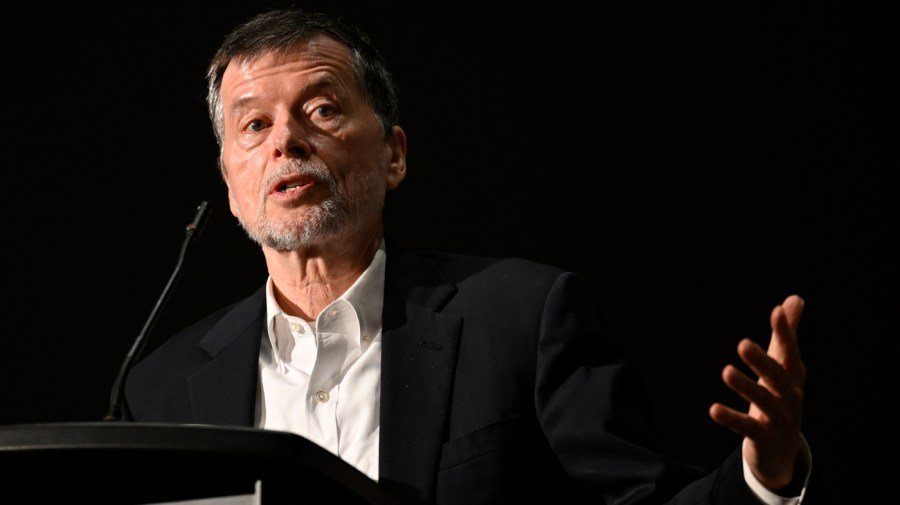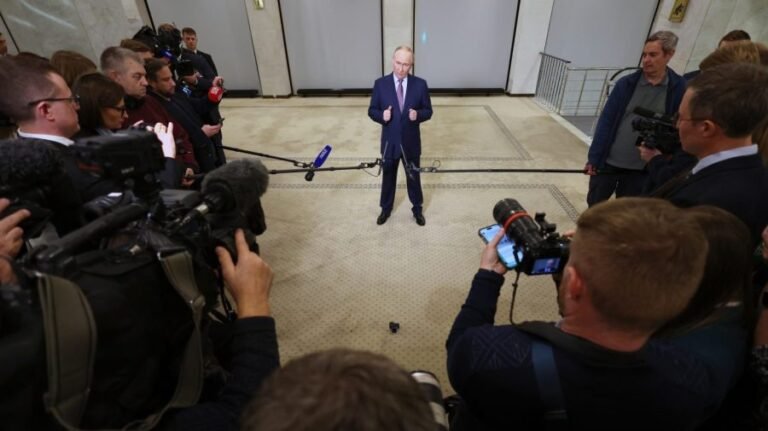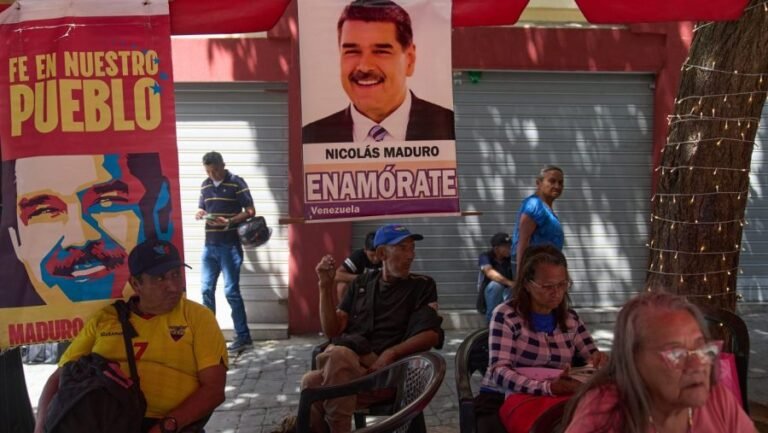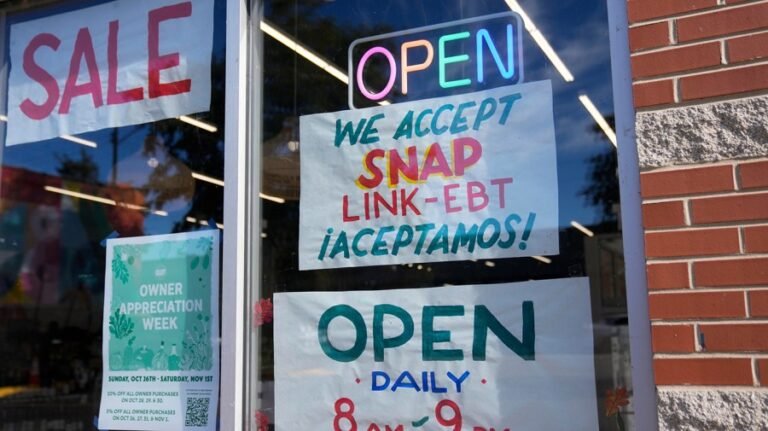
Ken Burns says his latest epic documentary shows America has been deeply divided since its earliest days, but that the story of the revolution, like the war itself, could “put the ‘us’ back in the U.S.”
“We were divided, really divided back then,” Burns told ITK of the time leading up to the Revolutionary War in the 1770s.
“It was not just a revolution against Britain. It was a civil war against those who wished to remain loyal to it. It was a world war engaging many European as well as Native American nations. It’s a very complex story,” the acclaimed filmmaker said.
That tangled tale is the subject of Burns’s new six-part series, “The American Revolution.” The 12-hour project Burns produced and directed with Sarah Botstein and David Schmidt was written by Geoffrey Ward and is scheduled to premiere Nov. 16 on PBS, and air for six consecutive nights.
“It’s a really dynamic saga — I don’t know of any other way to put it — much like the dramatic stories that we hear, but it’s all true. And I think it’s really important as we approach the 250th [anniversary] of the Declaration [of Independence] signing, that we understand what our origin story is,” he said.
“It could be very, very helpful as we sort of struggle with the divisions of today,” Burns said.
It took nearly a decade to bring “The American Revolution” — which features a glut of A-list actors, including Tom Hanks, Samuel L. Jackson, Claire Danes, Morgan Freeman, Meryl Streep and many more voicing the roles of historic figures — to life.
“We began this project in December of 2015, when Barack Obama still had 13 months to go in his presidency. And we went through, worked on this through the first Trump term, and through the Biden term, and now well into the beginning of the second Trump term,” Burns, 72, said.
“I think that the same issues are always confronting Americans as they were at almost every era of great division about whether you have a strong executive, whether you have a strong legislative, whether you lean towards authoritarian things.”
“These are all the stuff that everybody’s talking about, and it’s a good thing to talk about. They were talking about that at the Constitutional Convention, as you’ll see in our film, in the summer of 1787 when they realized the Articles of Confederation wouldn’t work,” Burns said.
In 2016, Burns himself was talking about abandoning the “conscious neutrality” he strived to meticulously maintain in his work to speak out against then-Republican presidential candidate Donald Trump.
Without referring to him by name, Burns said while delivering a commencement address at Stanford University that Trump had “dictatorial tendencies” and had delivered “terrifying, Orwellian statements.”
Asked if he had any second thoughts about speaking out against Trump, or if his impression of the president had changed, Burns replied, “I feel like I have the right as a private citizen to do that.”
“I’ve always kept most of those feelings to myself, because I … don’t put them in any of my films, and I don’t want to make public statements using the past as some cudgel to beat up the present or to make a point about the present,” he said.
“I’m less inclined, because I spoke up once, to sort of continue to sort of beat whatever my opinion is. My opinion is the American Revolution is a hell of a good story, and I’m really looking forward to sharing it with everyone.”
“So I felt that then, and I continue to have that discipline,” Burns said, noting Vice President Vance made a “much harsher” comparison of Trump “invoking a past authoritarian leader in the 20th century.”
Ahead of the 2016 election, Vance criticized Trump in a private message, saying he feared the New York real estate developer could be “America’s Hitler.”
“[Vance] is now the vice president,” Burns said in response to whether he risked alienating potential viewers who might not agree with his political leanings. Five months before last year’s presidential election, Burns told Brandeis University graduates, “We are at an existential crossroads in our political and civic lives. This is a choice that could not be clearer.”
“I think the sort of notion of going back and finding one example — maybe somebody can photograph the political lawn sign I have, which says: ‘Love multiplies.’ I’d much rather be known for that and for the fact that all of my films are watched by everybody: North, South, East, West, conservative, liberal, in-between,” he said about his 2016 remarks.
“I think that’s really, really good to have passionate, civil conversations about the complexity of our history, and because we just are umpires in our films, calling balls and strikes, nobody can say, ‘Ah, he’s put the thumb on the scale for this reason.'”
“We want every American to feel that they have a connection to a story in this larger epic American Revolution story. And that’s the only thing that matters to me. That’s the mission of PBS as well, to reach everyone,” Burns said.
Praising his longtime broadcasting partner, PBS, Burns called the move by congressional Republicans this summer to strip $1.1 billion in federal funding for the Corporation for Public Broadcasting, “short-sighted.” In a May executive order, Trump accused PBS of “biased and partisan news coverage.”
The funding cuts, Burns said, would “mostly hurt small, rural stations that will probably go out of business and become news deserts without somebody covering the school board, or the city council meeting or providing the kind of emergency signals that we have.”
But, the Emmy Award winner added, “We’ll survive.”
And at a time when Americans seem more divided than ever, will the country survive?
There’s a therapeutic quality to history, Burns said when asked if looking back at America’s past can help predict its future.
“I think historians in general make lousy prognosticators. What I do know is that when somebody’s in crisis, it’s always good to go back and to look at your origin,” he said.
“That’s what a pastor, that’s what a professional asks: Where did you come from? Who were your parents? How’d you grow up? What happened early on?”
Those questions, Burns said, help to “to understand, and help right the ship and recreate the narrative that brings people together.”
“I don’t know what the future will bring, but I do know that a healthy understanding of our revolutionary period, our origin story, is the best medicine that we could take at this time.”


